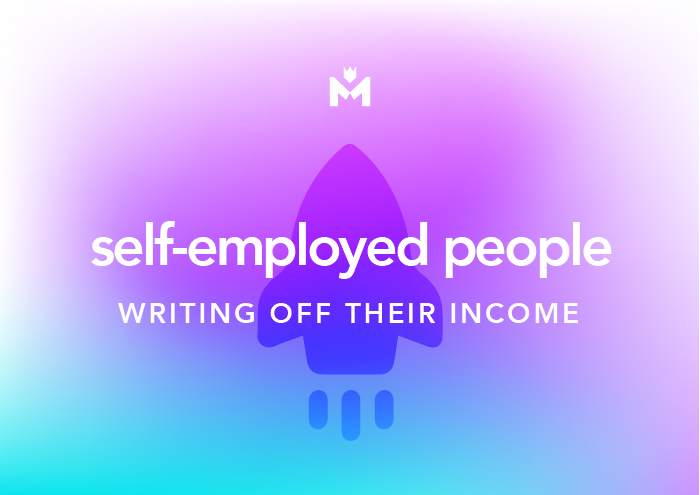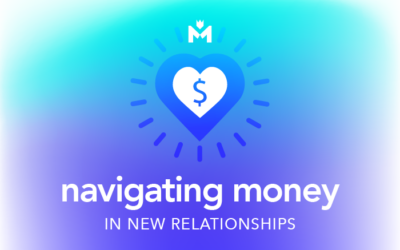Self employed and wanting to get a mortgage?
We love the amount of Kiwi’s who are self-employed business owners. Going out on your own takes some serious guts, a lot of drive, and even more time dedicated to the task at hand. But what about buying a house? How does your income work when looking to get onto the property ladder?
Let’s talk about what counts as income and what write-offs mean.
Say for example your company is mega profitable and the gross income is $500,000 a year (nice) and you want to buy a house. But the bank says no. Why?!
An example situation.
Say you are a self-employed person. Your gross income might be sitting at $200,000, but the cost of sales is $50,000. i.e part of the cost to obtain the $200,000 revenue. This means you’re already down to $150,000 as usable income. Then less expenses from all of that, which could be loans, depreciation, interest, rent, just about anything. Sometimes this means your actual net profit is only $50,000. You, as a self-employed individual will only be able to use this $50,000 as proof of income to use for debt servicing.
Being a self-employed individual comes with so many risks in itself, and this is one of those situations where you need to think critically about what your expenses and net profit is because that will be what the bank will see as your debt servicing ability. The most common theme in self employment is minisming what you have to pay in tax, but by doing this and claiming a lot of expenses can harm your mortgage ability.
The banks are tight around who they can have on their books and who they can’t have on their books. They want to see stable income to make sure you can repay your loan.
What is debt servicing ability?
Debt servicing ability is a measurement of your ability to pay back debt. Banks and non-prime lenders will do some tests and calculations to decide how much you can pay back, and will decide whether to approve a loan from there. They will look at your debt to income ratio and make a call from there.
I’ve got a good net profit, what’s next?
Maybe you’re reading this and you’re thinking “I’m self-employed and I have a good net profit. I want to get a mortgage.”
Great, then reach out to us right now! Or, keep reading. Usually, banks do some stress testing on people who are self-employed or contracting to see if they have a stable income. This is usually answered by you providing one to two years of financial statements. This is usually because the ‘start-up’ phase is considered one year of trading, and you’re often not making top profit or even making market salary. You have to factor in set-up costs, loans, and how much it costs to run your business.
If you are self-employed and looking to buy a house, but you don’t have long enough on the books to produce two years worth of statements, you could go to a non-bank lender or a non-prime lender. These lenders are great for people who are in the out-of-the-box category and are more concerned with the value of your home. However, these lenders will lend often at a higher interest rate and will likely require a bigger deposit.
Why are banks so careful for self-employed people?
Often self-employed, contracting, or ‘gig’ work means payments can vary by month. According to the bank, you are a risky individual because of these varied payments. They want to lend you the money because they want to make money on the interest, but they don’t want to have uncertainty if someone has the ability to pay back their mortgage.
So what do I do as a self-employed person wanting to buy a house?!
Maintaining comprehensive and detailed financial records will help you out here, giving you the ability to maximise your income and provide detailed long-term and short-term financial trends. Stay seriously buttoned-down in this area to save you a lot of hassle in the future. For example, putting home office expenses in different books to your business books to make sure this isn’t doubled up when the bank has a review.
Sometimes you need to get a little clever and make sure you have a financial adviser on board who knows the tricks to get you seamless approval. There is a toss-up between going to a bank that knows your business history and going to a bank that doesn’t know you from another self-employed person, so when you’re deciding this, make sure your business and deposit are in good hands.
What if I’m a PAYE employee?
If you are a PAYE individual earning a salary or wages by working at a company, you will receive your income, which is then taxed, and then you get the final amount in your accounts. Your company will be front-footing bills, like petrol costs or rent of the space. You are not a risky individual because you will likely have a stable salary and need to provide 3 months worth of steady payslips.
Being a PAYE employee going in to buy a house with a self-employed person can result in you both thinking outside of the box to get a loan approval. Stay open, there are lots of ways self-employed people can get a loan for property.
TL;DR?
If you’re self-employed, don’t think your gross income is what you live off. You will need to have a hard look at your financials and check out what your net income is because this impacts your debt servicing ability. You need to understand the costs of your self-employment to obtain your income.
Ready to get started? Check out our first home buyer guide.
If you’re a little stuck, get in touch with us and we can chat about your future.




